
Maranatha Health's Community Team is engaged in a range of community health and development activites including nutrition gardens and school programs. One of the most successful initiatives is the Village Health Advisors (Abahabuzi B’ebyamagara or ABs for short). These teams are elected by their village to educate and advocate about the health issues that the community has identified. The project focuses on behaviour change through a range of strategies including education, social marketing, intensive monitoring, and shared learning.
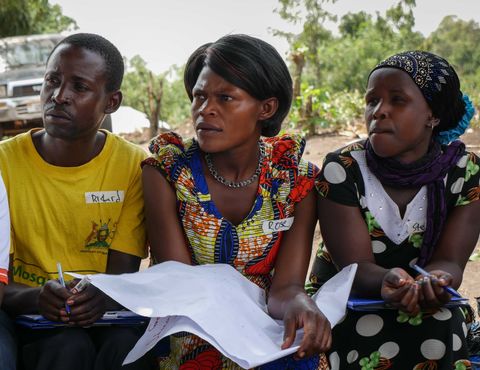
Like many other households in our community I had little awareness on health and disease prevention. With teachings and mentoring from Maranatha Health I have been able to make big health changes in my home. I constructed a latrine, a rack for drying utensils, and the house for goats and chicken - something many did not believe that a woman can do.
Generally, with my children we live in a clean environment and as a result we no longer fall sick the way we used to be, we have reduced on costs from visiting drug shops and I have saved some money to stock my grocery stall at the trading centre.
As a trained Health Advisor I have 18 households I teach and monitor about health improvement and disease prevention in my community. These households have been able to do everything I teach them, they believe in me because before I teach them I first do it in my home. I feel happy when I see the changes that happen in my community because of my teaching and supervision. I work closely with my fellow community workers: we believe our community will be free from diseases and we shall develop.


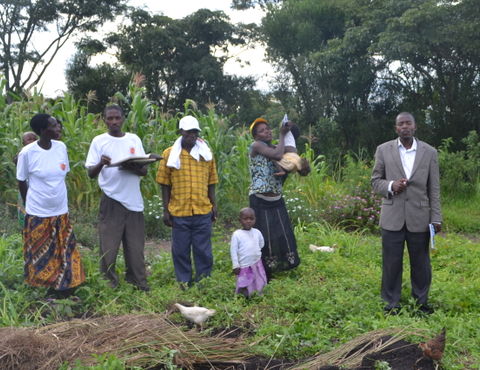
Mwesigire Richard lives in rural Western Uganda with his wife and two children. He is a farmer, and lives in one of the villags in which Maranatha Health runs its community health education programs. Richard and his family have been supported by Byamukama Agustine, one of the health educators (ABs) trained under the MH program.
Richard says that the program has brought great improvements to the health of his family and the wider community. He says has learnt a lot of useful information and healthy practices to prevent malaria and gastric illnesses, such as boiling water for drinking (which he wasn’t doing before), having a hand washing facility near the latrine, and the importance food hygiene. Richard is thankful to Maranatha Health for the changes in his household: ‘‘The program has equipped us with knowledge on health, and since it began we have not had any sickness at home’’.
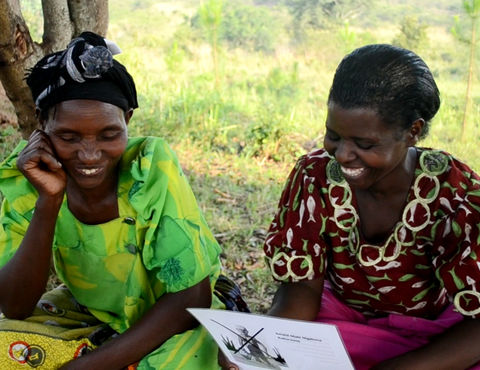
I’m called Edsa, and I’m a Village Health Advisor. I live in Rugarama. I take care of 10 households, and out of 10 households 5 households have changed their behaviour. I educate people about safe water and that they are not supposed to step in the water when they are fetching it. I educate people that bad water can make you sick. The diseases that can be caused by poor water include flu, diarrhoea and fever.
To have safe water you have to collect your water from bore holes, or boil drinking water, and if you can’t afford these two, you can treat your water with Waterguard (water purification tablets).
To treat water, you collect your water from the water source and filter it with a cotton cloth. After filtering you put the water in a clean jerrycan, then you put in the tablet and cover the jerrycan for 30 minutes. Then you put the jerrycan in the shade. That water is safe for 7 days. Out of the 10 households that I take care of, I have already managed to change 5. Those five households are now using water treated with Waterguard.
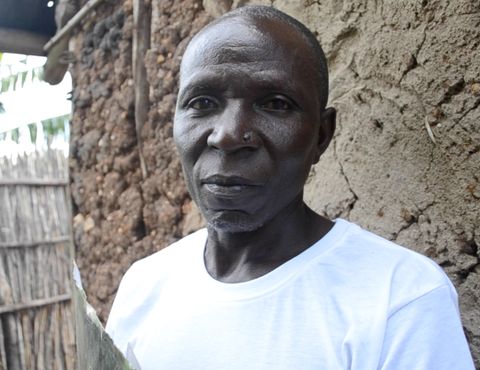
I am called Nzeyi Francis from Nyakarambi village. I work as a VHT and a health advisor.
These are the things I do:
I thank Maranatha so much for extending their services to our village. I appeal to all community members especially men to support their women who are pregnant so that we are not too dependent on Maranatha and Australians all the time for help.
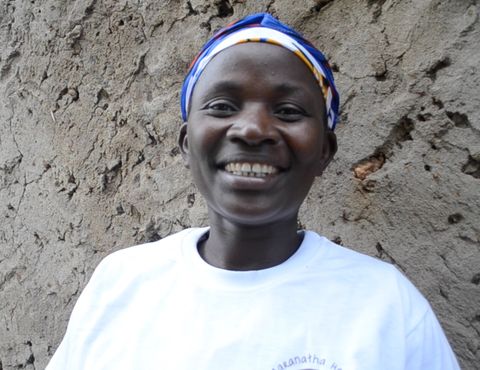
I am called Feresita Turyaguma from Nyakarambi village. I’m a health advisor in my village. I find that some people in their home are very dirty and get sick frequently because of their un-hygienic conditions they live in. I teach them good sanitation practices and using latrines. I discuss with those who do not have latrines to construct them to avoid diarrhoea, especially the children. People who didn’t have latrines have so far constructed them (8 households) and everyone now uses them. I thank everyone who is trying to practise what I teach.
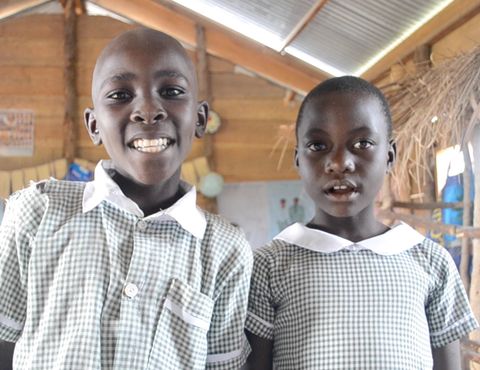
My names are Mushabe Alex, my school is Hope Nursery School in Kyabyoma. I got the health sheet (from MH’s school’s clinic. The sheet explains various hygiene practices), I went and taught my mum and dad and I even taught the councilor (local politician). I took the health sheet to the church and taught the congregation - they said thank you for being a clean child! The health sheet included cleaning in the home that we should always do, including warming our food before we eat it in the morning, washing our hands after visiting a toilet, and drying our utensils on a drying rack with a clean cloth.
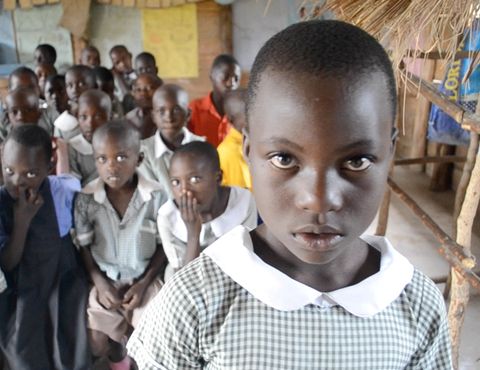
My name is Kansiime Sarah; my school is Hope Nursery School in Kyabyoma. I got the health sheet (from MH’s school’s clinic. The sheet explains various hygiene practices) and took it home, I taught people in our village and they said thank you for bringing for us good messages. Then I explained to them what is on the health sheet – I explained to always use toilets and wash hands after visiting a toilet, to always wash their utensils and put them on a drying rack and dry them with a clean cloth.